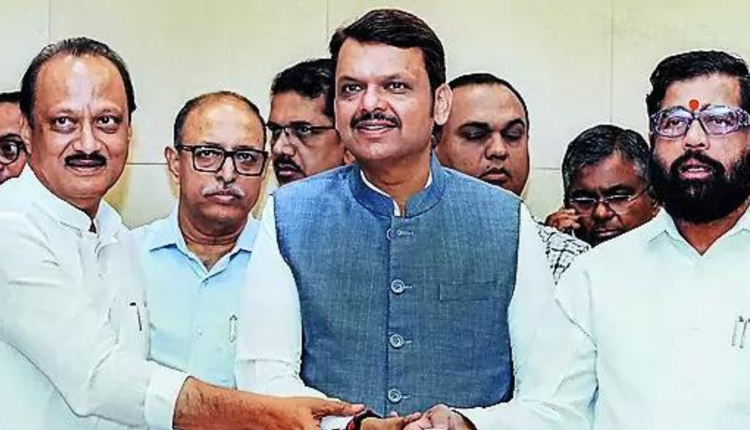Mumbai: In a surprising turn of events on Thursday, Ajit Pawar, the Nationalist Congress Party (NCP) leader and Deputy Chief Minister of Maharashtra, walked out of a crucial cabinet meeting within the first ten minutes. The full-fledged cabinet meeting was slated to address 38 significant decisions related to the finance department, including increasing the share capital of Maulana Azad Nagar Corporation, raising share capital for madrasa teachers, and establishing corporations for the Vani, Lohar, and Nath Panthia communities.
The meeting, attended by Chief Minister Eknath Shinde and Deputy Chief Minister Devendra Fadnavis, was marked by the absence of Ajit Pawar, leading to immediate speculation and discussions about the reasons behind his unexpected departure. Observers suggest that Pawar’s exit may be linked to ongoing frustrations over delays in land allocations for various organisations. Despite objections from the finance department in recent meetings, critical decisions regarding land distribution have been postponed, reportedly causing significant discontent for Pawar.
However, sources from Ajit Pawar’s office have provided a different perspective, stating that Pawar’s early departure from the meeting was due to his urgent need to welcome industrialist Ratan Tata, who arrived ahead of schedule. The office emphasized that Pawar’s absence was not due to internal disagreements within the cabinet but rather unforeseen circumstances related to Tata’s arrival.
The incident has ignited discussions about the stability and cohesiveness of the current Maharashtra cabinet, especially in light of recent tensions surrounding land allocation and resource distribution. Political analysts are closely monitoring the situation, noting that any prolonged discord within the cabinet could impact the state’s governance and implementation of key financial policies.
As the government seeks to maintain a united front amidst internal challenges, the abrupt exit by Ajit Pawar underscores the complexities and pressures of managing diverse interests within the state’s political landscape. Further developments are anticipated as both the NCP and the ruling party navigate the aftermath of this unexpected event.



Comments are closed.